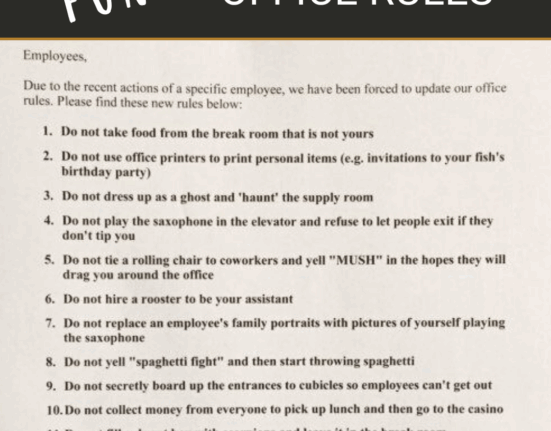Have you ever caught yourself daydreaming or zoning out? It’s a common phenomenon that often leaves us wondering what goes on in our brains during these moments of mental wandering. Well, according to a recent study by HHMI’s Janelia Research Campus, there might be more happening in your brain than meets the eye when you drift off into your thoughts.
In their research published in the journal Nature, Marius Pachitariu and his team delved into the brains of mice to understand how they process information while engaging in different activities. They observed the mice as they navigated through virtual reality environments, some with rewards and others without. What they discovered was truly fascinating.
As Pachitariu explained,
“It’s entirely possible that a lot of the plasticity happens just basically with the animal’s own exploration of the environment.”
This suggests that even when we’re not actively engaged in a specific task, our brains are constantly absorbing information and adapting to our surroundings through what they termed as “unsupervised learning.
”
The study showed that allowing mice to explore their environment freely resulted in increased connectivity between different areas of their habitat compared to those who were only trained on specific tasks. Lin Zhong, an HHMI neuroscientist involved in the research, highlighted this point by saying, “
You can still learn about your environment unconsciously, and this kind of learning can prepare you for the future.
”
But what does all this mean for us humans? Well, it turns out that zoning out may actually have some benefits. Research has shown that giving your mind a break from focused tasks can promote creativity and deep thinking. According to cognitive scientist Todd Kashdan, zoning out serves as “
the incubation period of creativity,” allowing ideas to simmer beneath the surface before bubbling up into consciousness.
Furthermore, a group of Harvard psychologists found that nearly half of our waking hours are spent letting our minds wander—a behavior known as zoning out. Kalina Christoff noted that during these moments of mental drift, our brains may be addressing deeper questions or problems in our lives without us even realizing it.
So next time you catch yourself lost in thought or daydreaming about something seemingly trivial, remember that your brain is hard at work processing information and making connections behind the scenes. As we continue unraveling the mysteries of neuroscience and exploring how our minds function during different states of consciousness like zoning out, one thing remains clear: there’s always more than meets the eye when it comes to understanding the complexities of our brain activity.
In conclusion, while zoning out may seem like idle time wasted on unimportant musings or random thoughts, it could very well be a vital part of how our brains function and adapt to new information. So embrace those moments of mental wandering—they might just lead you down unexpected paths towards creative insights and problem-solving breakthroughs!









Leave feedback about this